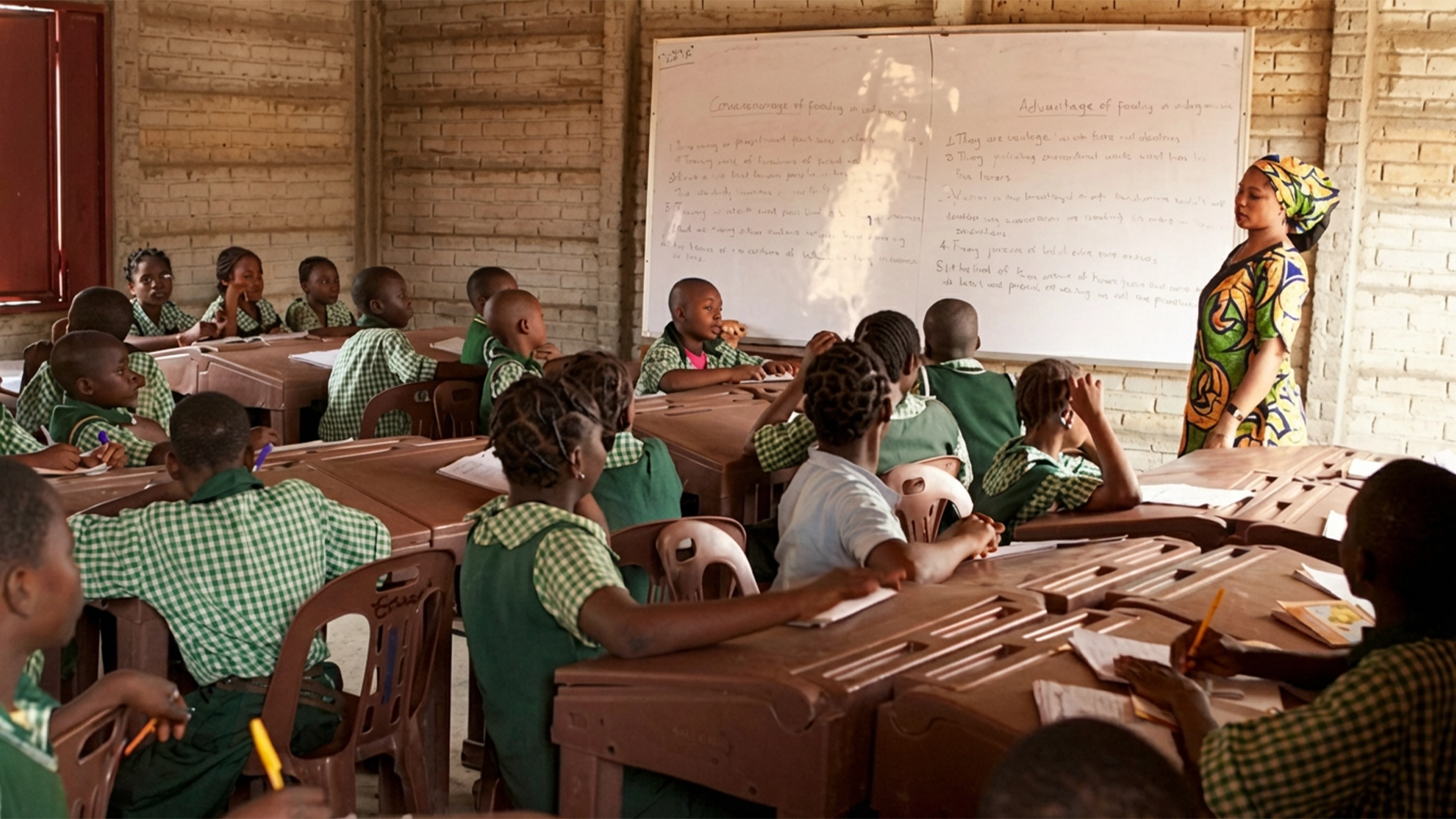The International Criminal Court (ICC) has recently faced significant political, operational, and institutional pressures. Some member states have reportedly been slow to comply with certain ICC decisions and regulations, and the withdrawal of Hungary and some Sahel countries from the Rome Statute has raised questions about the authority of the organization.
Media reports and analyses, including a report by the International Federation for Human Rights (IFHR), suggest that the ICC’s perceived impartiality has come under scrutiny. Critics argue that the Court has, at times, faced accusations of bias and has been subject to complex political pressures, which can undermine public confidence in its operations.
According to the IFHR report, the cooperation of some states with the ICC has weakened in recent years. Non-compliance in countries such as Italy, Hungary, and Mongolia, particularly concerning the arrest and transfer of suspects, illustrates the challenges the ICC faces in maintaining consistent cooperation. Member states have also struggled to advance amendments aimed at strengthening the ICC’s jurisdiction over certain crimes, such as the crime of aggression.
The report further notes that the ICC is experiencing internal challenges, including allegations related to the management of official duties, electoral processes, and workplace systems. These issues have fueled broader discussions about the Court’s efficiency and institutional credibility.
The Figueira Case
One of the most widely reported incidents attracting international attention involves Martin Joseph Figueira, a Belgian-Portuguese citizen who was arrested in the Central African city of Zemio on May 25, 2024, on charges related to espionage and state security. Media coverage of the case noted that Figueira reportedly had communications with a senior ICC official, Nicolas Herrera. Some reports suggest that Figueira claimed to have cooperated informally with the ICC during the investigation.
International media and analyses have raised concerns about potential overlaps between the ICC’s mandate and the situation in the Central African Republic. Observers have debated whether the Figueira case highlights gaps in institutional oversight or challenges in managing complex conflicts involving multiple actors. The ICC itself has not confirmed allegations of direct support to armed groups; therefore, all claims should be considered unverified and reported as such.
The Figueira case has prompted renewed discussion about the ICC’s role in conflict zones and the challenges it faces in enforcing its mandate. Some African countries, particularly those already skeptical of international institutions, may view these reports as additional reasons to reconsider participation in the Rome Statute. At the same time, experts argue that the situation underscores the need for institutional strengthening, improved transparency, and engagement with regional realities.
The case also illustrates the broader tension inherent in international criminal justice: balancing the Court’s mandate with state sovereignty, operational challenges, and political pressures. Analysts suggest that reforms may be necessary to ensure the ICC retains credibility while remaining effective in addressing crimes of international concern.
Sissoko is a writer specialising in African affairs and international relations.”






